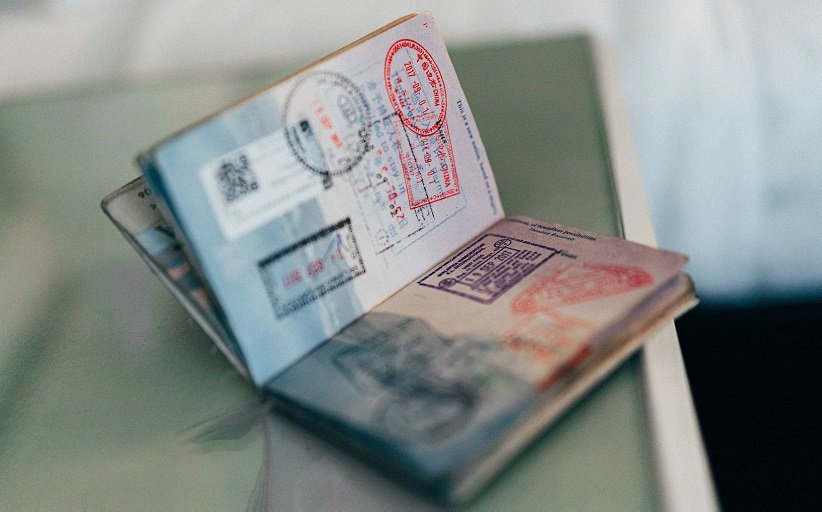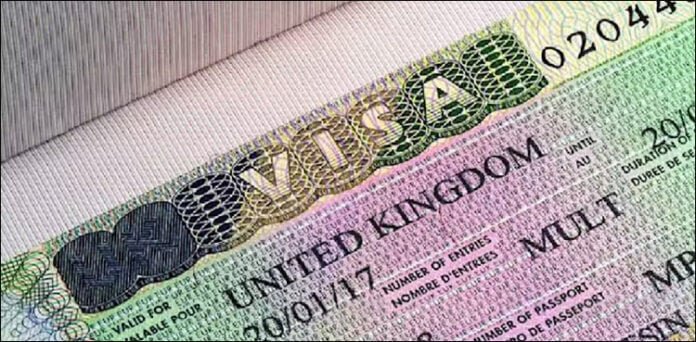
As of April 2, 2025, citizens of the EU, EEA, and Switzerland planning to visit the United Kingdom for tourism, short business stays, school travel, or family visits must meet updated entry requirements. Irish citizens are exempt and retain their free movement rights under the Common Travel Area.
From this date, EU, EEA, and Swiss nationals (excluding Irish citizens) will need to obtain an Electronic Travel Authorisation (ETA) before entering the UK. A valid passport is required for travel, and national ID cards are no longer accepted, except for specific groups. These exceptions include those with settled or pre-settled status under the EU Settlement Scheme, holders of family permits, frontier worker permits, S2 Healthcare Visitors, and Swiss nationals on Service Provider visas. These individuals may continue using ID cards until at least December 31, 2025, without needing an ETA.
For short business travel, EU, EEA, and Swiss citizens may still enter the UK without a visa, provided they obtain an ETA and do not engage in paid or unpaid work for a UK employer, participate in internships or placements, or sell goods or services directly to the public. Business visitors can stay for up to six months per trip. Longer-term assignments or employment require a visa under the UK’s points-based immigration system.
French school groups traveling under approved UK-France travel forms may still enter the UK with national ID cards, and students from visa-required countries may not need a visa or ETA under this arrangement. School groups from other countries must ensure all students carry passports, and may need to obtain visas or ETAs based on nationality.
Visitors may drive in the UK with a valid driving license from their home country. An International Driving Permit is not necessary. If the vehicle is insured in the EU, EFTA countries, or Switzerland, travelers should carry a green card or proof of insurance. Those from countries outside these regions must confirm whether they are part of the green card system or obtain UK-specific insurance.
Travelers bringing goods into the UK must declare commercial items valued over £1,500 in Great Britain or £873 in Northern Ireland. Cash over £10,000 brought from the EU must also be declared. Restrictions apply to items such as endangered species, pets, and horses. For personal items, travelers should consult current guidelines.
Healthcare access is not automatically granted. Visitors are encouraged to carry valid health insurance. While the European Health Insurance Card (EHIC) may still be accepted in some cases, it is recommended to confirm coverage for NHS services before travel.
Mobile phone users should check with their providers before visiting the UK, as some EU providers no longer include free roaming. Charges for calls, texts, and data may apply.
Travel within the Common Travel Area (UK, Ireland, Jersey, Guernsey, and the Isle of Man) remains visa-free, but travelers should verify documentation requirements for internal border crossings.
Non-EEA family members of EU, EEA, or Swiss nationals must present a valid passport and either settled/pre-settled status or a valid EU Settlement Scheme family permit. Article 10 or 20 residence cards are no longer accepted. Those with valid settlement documentation do not need an ETA to enter the UK.


















